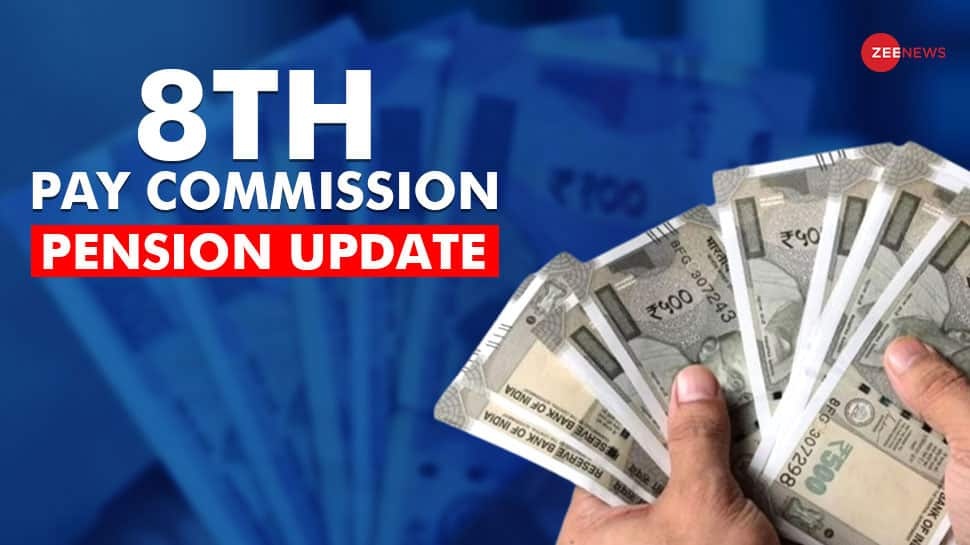
Salary Revisions and Promotional Reforms Under the 8th Pay Commission
The 8th Central Pay Commission has emerged as a pivotal initiative to address the long-standing demands of central government employees and pensioners. With over 50 lakh employees and 65 lakh pensioners awaiting revised salaries and allowances, the commission’s terms of reference (ToR) are under intense scrutiny. The proposed fitment factor, which determines the quantum of salary and pension increments, has become a focal point of discussions. Experts argue that inflationary pressures necessitate a fitment factor of at least 2.57, ensuring fair compensation for employees. The National Council-Joint Consultative Mechanism (NC-JCM) has emphasized that maintaining this factor below 2.57 would inadequately address the rising cost of living. If the government adopts a higher fitment factor of 2.86, it could significantly boost basic pay from Rs 18,000 to Rs 51,480 and pensions from Rs 9,000 to Rs 36,000, marking a transformative shift in financial stability for beneficiaries.
Proposed Promotional Reforms and Family Support Measures
A major debate centers on the assurance of at least five promotions during an employee’s service period under the Modified Assured Career Progression (MACP) scheme. If implemented, this reform could enhance career prospects and motivation among public sector workers. Additionally, the inclusion of Dearness Allowance (DA) in basic pay has gained traction, as employees seek to mitigate the impact of inflation. The NC-JCM has also advocated for interim relief mechanisms to bridge the gap until the new pay structure is finalized. Another critical aspect is the adjustment of family unit calculations, with calls to base minimum salaries on the needs of ‘five units’ instead of three. This includes provisions for dependent parents, reflecting ethical and legal obligations under the Maintenance and Welfare of Parents and Senior Citizens Act 2022.
Key Stakeholders and Implementation Timeline
The NC-JCM Secretary, Shiv Gopal Mishra, has underscored the urgency of addressing inflationary concerns through a fitment factor of 2.86. This would not only align salaries with current economic realities but also ensure long-term financial security for employees. The commission’s ToR, expected to be finalized by April 2025, will determine the trajectory of these reforms. Central government employees and pensioners are closely monitoring the deliberations, as the outcomes will redefine their financial landscape. Meanwhile, the proposed reforms aim to balance fiscal responsibility with the need for equitable compensation, setting a precedent for future pay commissions.
Impact on Workforce Stability and Public Sector Dynamics
The potential revisions to the 8th Pay Commission could have far-reaching implications for workforce stability and public sector dynamics. A higher fitment factor and expanded family support measures may reduce attrition rates and improve job satisfaction. However, the government must navigate fiscal constraints while ensuring fair compensation. The inclusion of DA in basic pay and interim relief mechanisms could provide immediate relief, fostering trust among employees. As the commission finalizes its recommendations, the focus will shift to implementation, with stakeholders anticipating a comprehensive overhaul of the existing pay structure to meet contemporary challenges.
Future Outlook and Policy Implications
The 8th Central Pay Commission’s recommendations will shape the future of public sector employment in India. By addressing inflation, promoting career progression, and enhancing family support, the reforms aim to create a more equitable and sustainable compensation framework. The proposed changes could serve as a model for state governments and other public sector entities. As the commission moves closer to finalizing its ToR, the emphasis will remain on balancing fiscal prudence with the ethical obligation to provide fair remuneration. The successful implementation of these reforms could set a new standard for public service, ensuring that employees are adequately rewarded for their contributions.




